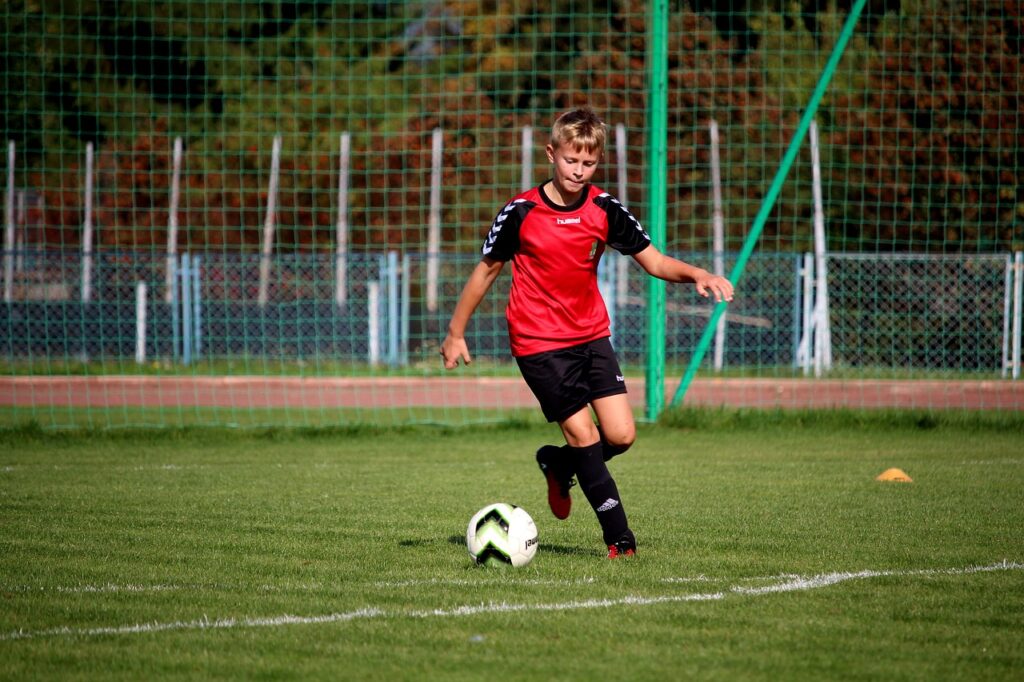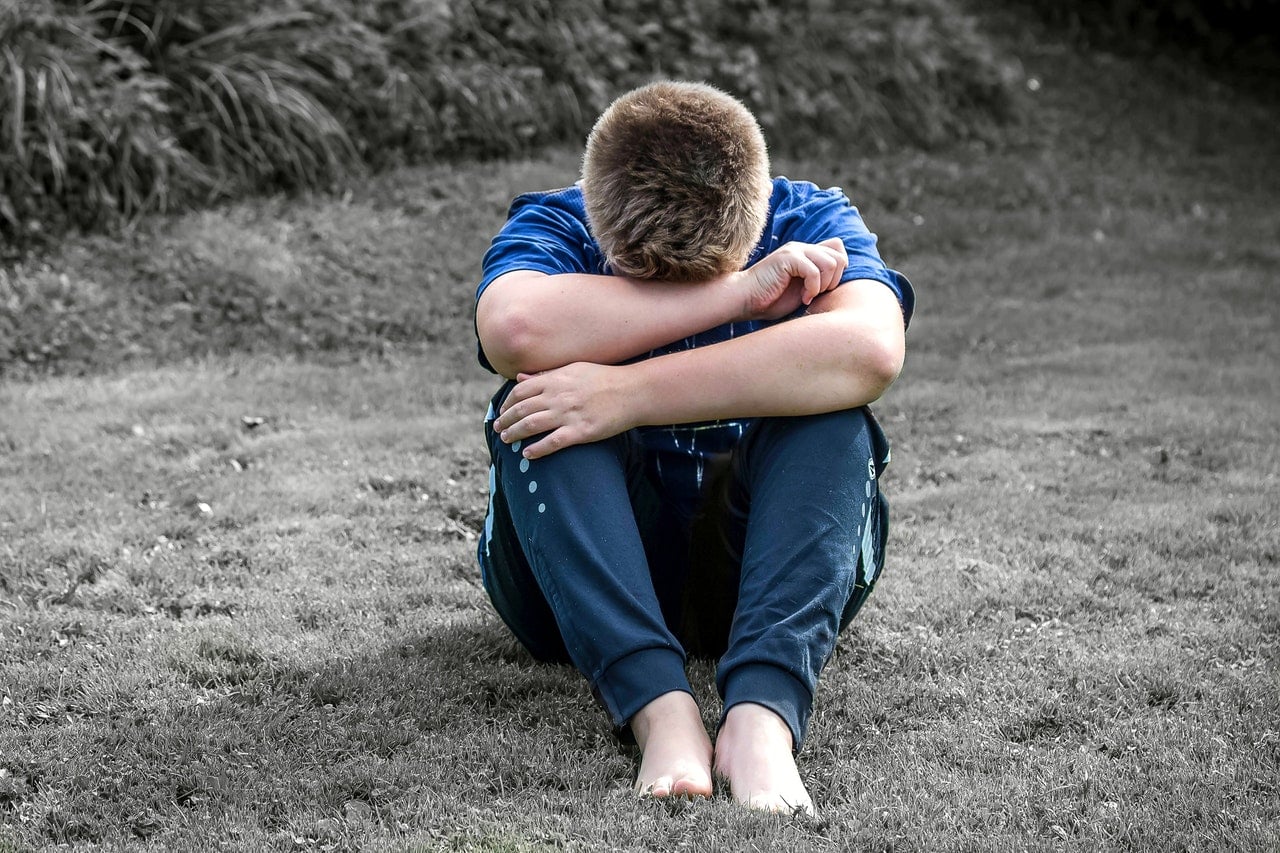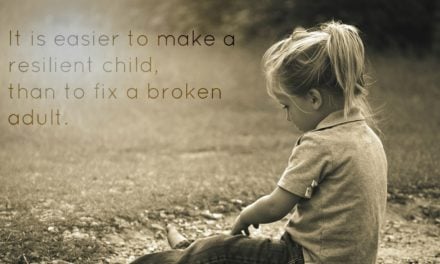I’m sure you’ve all heard the terms ‘helicopter parents’, ‘bubble wrap parents’, ‘lawnmower parents’ and maybe even ‘black op’s parents’. They are used to describe over-protective parents who either swoop in and solve problems for their kids or who never allow a problem to emerge in the first place.
Sure, the terms are amusing…but they are over-simplifications of people which aren’t helpful. They don’t recognise that parents act the way they do according to their own fears, hopes, beliefs and values. They also don’t acknowledge that, given the right circumstances, we can all act this way from time to time.
That said, there are times when parents need to be gently reminded to pull back from being so involved in their children’s lives. You can probably recognise those times in your friends’ behaviour, but it’s hard to see it in ourselves. Especially because these behaviours come from places of love or fear. Or maybe they are just behaviours that haven’t been examined adequately.
So… when should parents step back?
1. When your child is playing sport
We want kids to love sport forever. It’s in their best interest. Sport will give kids health, teamwork, responsibility and a sense of endeavour. So, please don’t be the parent who abuses the umpire. Pull back. We need to teach children about fair play and respect for others. Don’t counter that by teaching them it is okay to abuse people if you don’t like their decisions.
The same goes for coaches. Don’t call them at strange hours to discuss why your child is on the bench next game. It might be that they just aren’t good enough yet. It might be that there are lessons they need to learn. What are those lessons? Perhaps instead of swooping in, ask yourself, “Why does this matter so much to me?”
A great article by Nancy Star advocates that parents should never speak when it comes to sport, especially when a child ‘fails’. She says that if you don’t speak, if you avoid the clichés and the platitudes and just say nothing, they will eventually speak to you…calmly. Bearing silent witness gives your child space to think and talk. It’s possible that adults speak altogether too much. Full stop.
2. When your child doesn’t get the results you want
Recently a fellow teacher took a call from a Year 7 parent who wanted her to re-mark a test from three months ago. Her reasoning was that if the teacher could lift her mark in that class the child would average enough to be in the Achievers’ Club of kids who got the required number of As. Don’t make that call. Step back.
The education system has a very narrow definition of success. Don’t buy into only that definition. Yes, we want kids to do their best, but their success might be that they love learning, are involved in lots of activities and socialise well. Congratulate them on their awesome efforts in the areas where they worked really hard. Help them plan for achievable improvement in the areas where they struggle or haven’t really applied themselves.
Your child not being a member of the Achievers’ Club is not a sign that they haven’t done a good semester’s work. And it’s not a sign that you haven’t done a good job as a parent. Don’t let comparisons with others undermine what you know is important.
3. When your child is in conflict with another student
It is awful when your child is having friendship problems. For a while, it permeates every part of their life. Every child goes through this and every parent wishes they could take the pain away. However, picking up the phone to call the other child’s parent, or marching down to school is not the answer. Step back.
Remember, if you vanquish all the dragons, you also vanquish the dragon-slayer. Acknowledge that conflict and rejection feel terrible. Validate your child’s feelings and ask, “What’s your plan?” If they haven’t got one, “That’s okay, we’ll figure it out together.” Then give them the skills and support they need to face the challenge themselves as much as possible.
4. When your child is in trouble at school
You have had a freakishly good run if your child has not been disciplined at school from time to time. It happens. Kids are human and they muck up. That’s okay, but they do need to learn that their choices have consequences. Please support teachers, or at least, please don’t undermine teachers.
Last year I had a parent tell me that, ‘My child never lies, and I will never believe you over her.” The child smirked. I just thought, ‘Oh dear…life is really going to hit you hard at some point, and you won’t be equipped to deal with it. And it’s not your fault.’
Teachers are your partners in educating your child. Research shows that parents who work with them, rather than against them, will see better outcomes for their child, socially and academically. Build that relationship.
5. When your child is continually relying on you instead of learning
It is a source of comfort for some parents that their grown children still come home to get their washing done or paperwork filled. It’s nice to be needed; however, when you continually do tasks for your child instead of requiring them to look after themselves, you do them no favours. Step back.
Age-appropriate responsibility needs to be given to children. By high school, they should really be organising their own school bag and making sure they have homework, lunch and sports kit ready to go. Sometimes they will forget and that’s okay. We all forget things from time to time, but if you find yourself dropping lunch off at the school office once a week, you really need to recognise there is a competency gap and help your child to fill it.
Finally…
Stepping back doesn’t mean disengaging. It means creating space for your child. It’s hard to do, but they need that space to grow and they need experiences and mistakes from which to learn. Most importantly they need you to be on the other side of the space, teaching and supporting them.
This article was written by Linda Stade. ©Santa Maria College: All rights reserved








